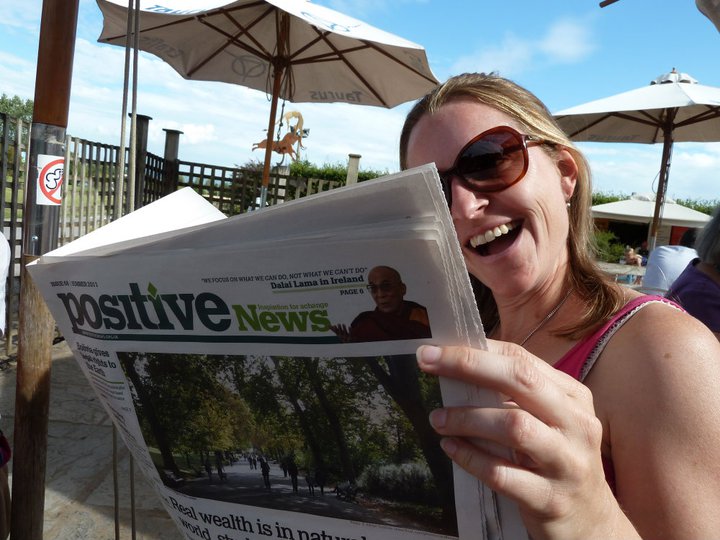Why Be a Food Farmer?
SONOMA COUNTY, NORTHERN CALIFORNIA — Many good reasons exist, other than merely earning money, to be a food farmer, though getting paid is an important benefit. Working outside in nature is good for the body and soul. Nature is a helpful, abundant teacher that can aid humans to develop humility and understand our appropriate roles on this miraculous Earth, rather than damage the environment.



